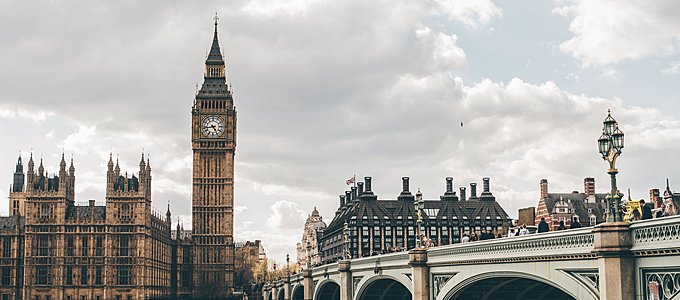Radical overhaul of Inheritance Tax proposed

A report has been published by the All-Party Parliamentary Group for Inheritance and Intergenerational Fairness (APPG IIF) recommending the abolition of inheritance tax (IHT) in its current form.
Having been submitted only last week, the review is in its very early stages and we are unlikely to see any major changes soon. As the plans evolve, we will keep afoot with the latest developments and announcements and monitor any progress being made with regards to this proposed radical overhaul.
Inheritance tax is a tax on transfers of wealth, mainly charged on an individual’s death and is a hotly debated topic. It is often criticised for being ineffective, unfair, inconsistent and confusing.
How many people are required to pay Inheritance Tax?
There are 588,000 deaths each year, of which 275,500 are required to complete an IHT form; of these only 24,500 result in the payment of tax. This means that less than 5% of deaths are subject to IHT.
Despite this, in recent years an increasing number of estates are affected by inheritance tax for a variety of factors and for the year 2018/19, HMRC collected a record sum of £5.4 billion, the average amount of IHT paid was £179,000.
What is the desired outcome of the IHT reform?
Should the proposed changes be introduced it is thought that it would lead to less avoidance and secure the UK’s competitiveness in attracting wealthy people to live (and die) in the UK.
What does the report propose to change with regards to IHT?
The APPG has been examining these reforms for the past 12 months and having considered a number of options, suggests replacing the current IHT regime with a flat rate gift tax payable both on lifetime and death transfers. Below are the proposed changes the APPG has outlined in their report:
-
Introduce a standardised tax rate for gifts made in life or on death
-
Amend the law so that only gifts to spouses/civil partners, and charities are exempt from IHT
-
Abolish the ‘no capital gains tax on death’ rule
-
Introduce a death allowance that falls in line with the current nil rate band to ensure small estates remain unaffected.
-
Introduce an annual lifetime allowance of £30,000 on gifts
In short, the report suggests most reliefs on inheritance tax should be scrapped, with the current rate of 40% to be reduced by at least half. We’ve put together a handy visual to illustrate the current regime comparing it with the proposed regime.
|
|
Current Regime |
Proposed Regime |
Rate |
40% above £325,000 unless a relief or exemption applies. |
10-20% above £325,000 |
Lifetime gifts |
|
Tax at 10% on all lifetime gifts above £30,000 pa. |
Spouse exemption |
Yes |
Yes |
Charity exemption |
Yes, with the IHT being reduced to 36% if over 10% of the estate is gifted to charity |
Yes, but no reduced rate |
Nil rate band of £325,000 |
Yes |
No |
Agricultural and business property reliefs |
Yes |
No |
People have very strong opinions with regards to IHT, the way it is charged, and the reliefs. This radical overhaul hopes to rebalance the way IHT is viewed, by making it simpler and fairer with less loopholes to take advantage of.
The reliefs and exemptions currently available contribute to the perception that IHT helps rich people remain rich and instead penalises hard working savers.
A Treasury spokesperson said: “Inheritance Tax makes an important contribution to the public finances. We keep the tax system under constant review and will consider the APPG’s findings”.
Probate and Wills specialist Solicitor Phoebe Tranter at Lawson-West says:
“We will need to watch this space and see what happens in the coming months. There is no shortage in demand for a change but figuring out the best way forward will take the time and require careful consideration and analysis.”
In the meantime, should you have any queries surrounding Inheritance Tax, please get in touch.
Contact Phoebe Tranter on 0116 212 1000 or email ptranter@lawson-west.co.uk.
View all

